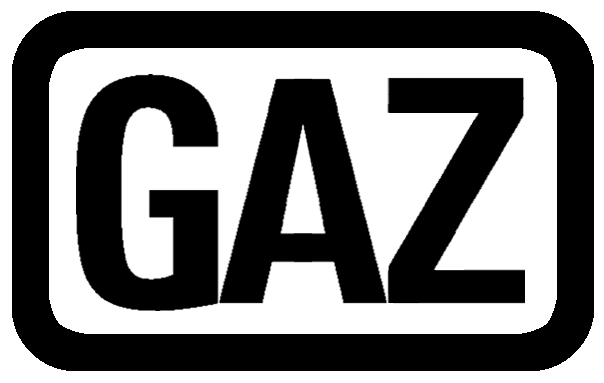Evolutionary Branding: A Survival Guide For Small Businesses, Startups And Nonprofits
At the time of this writing, a great many businesses have gotten hit by a “black swan event.” A black swan is defined as “an unpredictable event that is beyond what is normally expected of a situation and has potentially severe consequences.”
Hopefully, by the time this is published, the panic that caused everything to come to a standstill will have passed, and you, like the rest of us small business owners, will be able to figure out how to adapt and adjust to the new reality of doing business remotely. Something that I believe is going to be more and more popular anyway is that people will see how great working from home can be to reduce overhead, expand the workforce and cement employee loyalty.
We have many schools and universities as clients, and they have been struggling to get older educators to embrace remote learning. They are optimistic that this will help them appreciate the benefits.
As I’ve said many times, my company brands and builds websites and does marketing for a lot of businesses. What I like about this is I get to see behind the scenes of many businesses. I see behind the scenes of the ones that succeed and the ones that fail, and I notice patterns. I think this is what I like most about my job, and it may be the most important thing I offer my clients.
Learning from this, we have developed a process called “evolutionary branding.” This involves looking over an organization and assessing what we can do to achieve the most amount of impact for the least amount of money.
So, in this time of crisis, I want to offer my two cents as to what a business can do to survive this “black swan event” from a marketing and branding perspective.
Here are three things that we’ve found make the most impact:
1. Make sure your value proposition is strong.
The most important part of this is to emphasize what you do differently and better than your competition. This takes a second to explain but a lifetime to master. And often you may be too close to your product or service to clearly see what it is. One great way to do this, especially if you are in a competitive market, is to ask your customers. They probably looked at many options before choosing you — if you can find out why, this is a powerful bit of knowledge and can help you convince others to choose you as well.
2. Make sure your website reflects your value proposition.
Make sure all your messaging reflects what you do differently and better than your competition, and make sure you use that as the filter that you run everything through. Our value proposition is: “Big Brand and Fortune 500 experience put to work for small businesses, startups and nonprofits.” So every word on our website reflects that and explains why it is important. It is our slogan, our elevator pitch and differentiator.
Then — and I cannot emphasize this enough — choose an amazing image for the banner. The purpose of this image is not to explain what you do, but to get people’s attention and define the quality of your organization. If you need to spend some money to get an image, spend it here — it will be the best money you ever spend.
3. Lastly, get the word out.
Your website is the first point of contact your customers will have with your organization. But if they don’t find it, it doesn’t do much good. In this new economic environment, I think all businesses, large and small, are being careful with money. This is important and necessary, but keep in mind this quote from Henry Ford: “A man who stops advertising to save money is like a man who stops a clock to save time.” So, don’t stop advertising, but think of creative ways to get the word out that don’t cost money. Even Henry Ford cut his advertising budget during the Great Depression, but he was one of the few survivors because he still made sure people knew he was out there.
A few helpful tips:
• Google what you do, and you will see listing sites come up. Reach out to these people. The legitimate ones come up first these days because Google is always refining its algorithm to favor relevant and authoritative content. Ask how you can get featured and what it takes to get to the top. Most times, you will find they are surprisingly helpful. They need you as much as you need them.
• Try answering questions about your line of work on Quora. This is an excellent way to build credibility, and we know a few businesses that use this as their only lead-gen funnel with great success.
• Think about the questions your customers most often ask and write blog posts on your website around topics that answer them. The No. 1 thing Google looks for is the relevance and authority of content, so the best way to be found on Google is to write relevant and authoritative content.
Another favorite Henry Ford quote of mine is: “The average man won’t really do a day’s work unless he is caught and cannot get out of it. There is plenty of work to do if people would do it.” So, the best way to get back to work in this crazy time is to get back to work, and the best boss in the world is yourself. Isn’t that why you started your business in the first place?
Read More at: www.forbes.com




